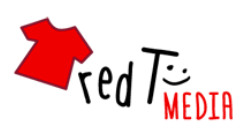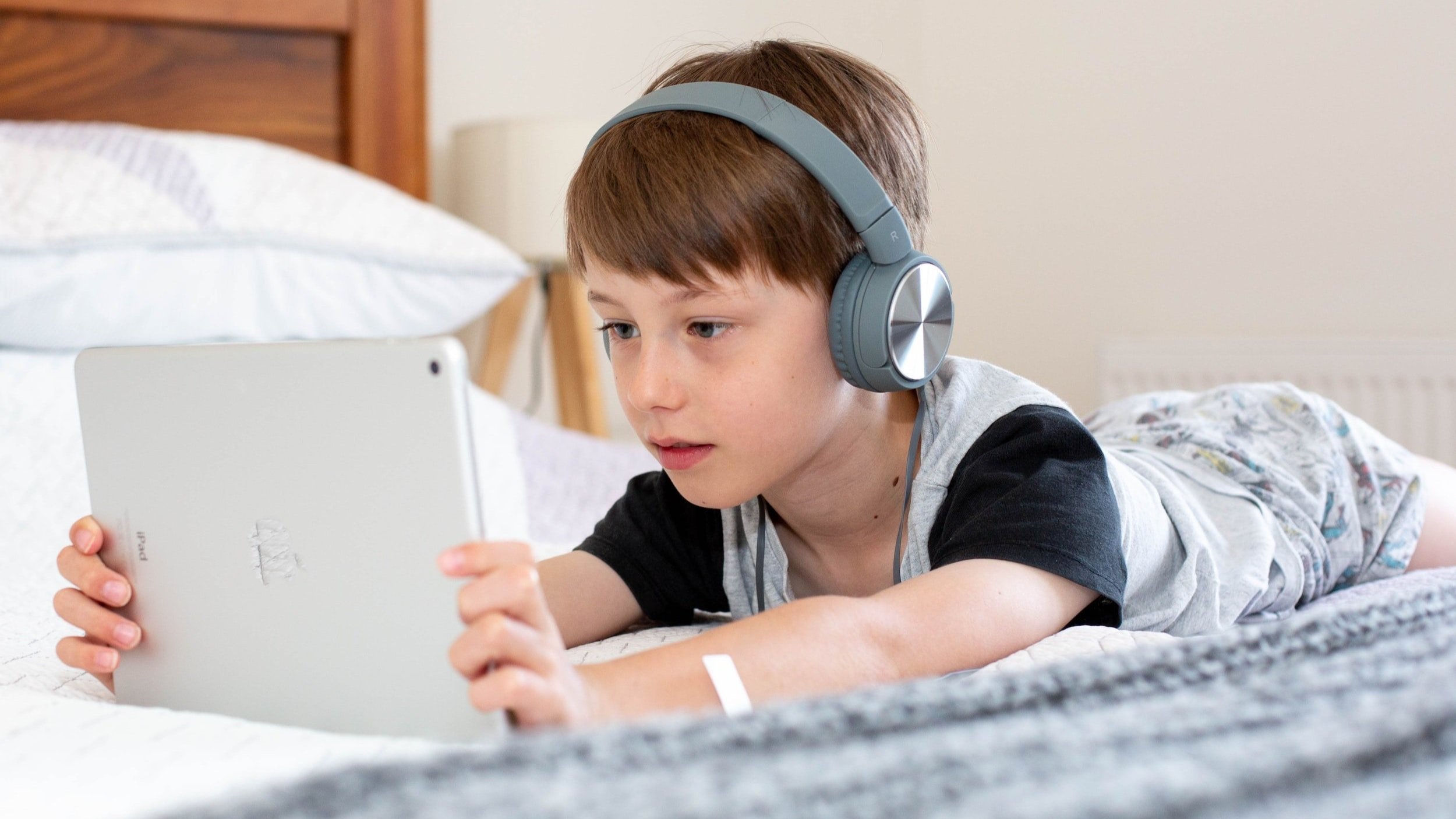My Kid Doesn’t Read.
My kid doesn’t read.
It’s a hard thing to say, and a hard thing to hear. There’s no end to the benefits a child receives from being a reader, or at least being read to. Reading builds skills that come into play in all subject areas, in all parts of their lives. Being a reader gets us included in our culture, and helps us become better participants. Reading helps us to understand ourselves, other people, and the world around us. Good readers have a pretty good shot at being good thinkers.
So yeah, it hurts when a kid doesn’t read.
There are so many reasons why a young thinker might not be reading, including:
· learning challenges or language barriers that make sorting through words on a page intensely frustrating
· a lack of access to useful, challenging, age-appropriate material
· situations in which caregivers aren’t able to sit down and share reading with their children
· misunderstanding or misinformation about the importance of literacy
· a lack of material that actually interests them, or to which they can relate
Some of these issues can only be resolved by us, as a collective, stepping up our game, providing educational support to those who find reading difficult, assistance to families who, for whatever reason, don’t get enough opportunity to read together, and waaaaay better access to literature for every kid.
If your little thinker falls into the last category, however, we’d like to share the following thoughts:
· Not wanting to read this or that particular book is not the same as wanting to read. Reading magazines, blogs, comics, graphic novels, or song lyrics is still reading. It’s time we stop being snobby about what constitutes “real reading”. Many reluctant kids will venture into literacy if they’re engaged in what they’re reading, if it speaks to who they are and what they value. They can always branch out into other genres as they get more comfortable.
· Reading audiobooks and eBooks is still reading. Some kids respond better to listening materials, and many kids are already attached to devices. If either of these formats make literacy more portable or accessible for your family, even better. A book is a book, whether it’s read out loud, or it appears on a screen.
· A kid doesn’t have to be obsessed with reading, 24 hours a day, to be a good reader. If your youngster happens to find literature that entices them enough to keep them occupied for hours at a time, that’s wonderful. But if they’re the kind of reader who grabs a little here and a little there, as time and circumstance allow, then that’s also wonderful. Any attempt to make reading a part of their daily routine means they recognize how important it is, and that’s something to be celebrated.
At the end of the day, literacy hinges on falling in love with words and ideas, and there are so many more ways to make that happen than with a paper book on a prescribed topic. Isn’t it wonderful that we have the resources and opportunities to present reading to our kids in a way that’s meaningful to them? Isn’t it even more wonderful that we can offer them a world of other genres and formats after they’ve become comfortable and established in one. There’s no such thing as a typical kid, and maybe we should start thinking of literacy in similar broad terms. There are multiple paths into literacy right now, and we’d like to give a high five to any kid who finds one that’s comfortable and sustainable.
Happy reading, and happy thinking!



